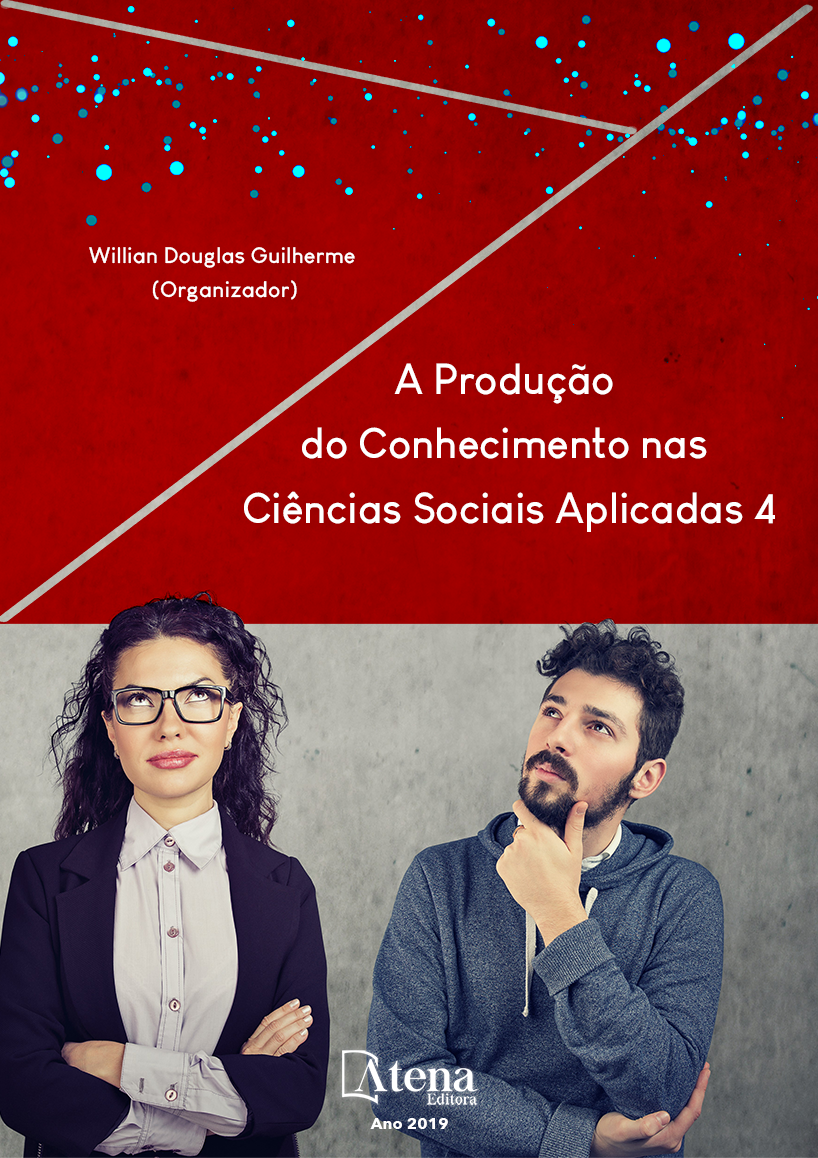
A (in)justiça cognitiva e a extensão universitária: uma experiência entre a escola e a comunidade
O presente trabalho tenta contribuir
com a produção do conhecimento na
universidade e ante a responsabilidade social
que a legitima, e, ao promover a extensão
universitária, reconhece que a injustiça social
tem, em si, uma injustiça cognitiva. O artigo
descreve um projeto acadêmico que envolve
estudantes de arquitetura, o movimento social
por moradia e direitos urbanos, e moradores.
A importância da questão emerge quando
esses olhares convergem para uma realidade
complexa presente nas cidades: a favela. O
artigo trata de uma ação na Vila União, no Bairro
Cristal, em Porto Alegre, um local de lutas, onde
sobressai, dentre elas, a luta pela moradia e a
terra urbana. A relevância do trabalho tem base
na conexão entre atores e ações: os estudantes
levados a se defrontar com uma realidade
complexa e desconhecida; os movimentos
sociais na intermediação conflituosa entre
a realidade e a proposição política que guia
as ações; os moradores ao contribuírem na
construção da materialidade. Os autores
(Salingaros, Morin, Milton Santos e Harvey)
orientam a proposta provocando um diálogo
entre campos do conhecimento. A disciplina,
cujas escala de intervenção e abordagem vem
sendo alteradas a partir da temática e das
áreas urbanas onde se propõe atuar, mantém
interlocução com os campos ecológicopaisagístico,
do projeto urbano, da habitação e
incursões no planejamento urbano. Avaliar essa
busca por soluções evolutivas, mais próximas
da realidade social na abordagem e na temática
do projeto desenvolvido foi a perspectiva aqui
adotada.
A (in)justiça cognitiva e a extensão universitária: uma experiência entre a escola e a comunidade
-
DOI: 10.22533/at.ed.9511926041
-
Palavras-chave: elaboração metodológica; projeto paisagístico; extensão
-
Keywords: Methodological design; Landscape design; extension
-
Abstract:
This paper discusses the university
knowledge production associated to the social
responsibility that legitimizes it, and in promoting
university extension, recognizes that the social
injustice has, in itself, a cognitive injustice
(Boaventura de Souza, 2006). The article
describes one academic project that involves
students of architecture, the social movement for
housing and urban rights, and the residents of
an informal urban settlement. The importance of
this issue emerges when these vision converge
to a complex reality present in the cities: the favela. The article deals with an action in
Vila União, in the Cristal Neighborhood, in Porto Alegre, a place of struggles, among
which stands out the struggle for housing and urban land. The relevance of the work is
based on the connection between actors and actions: the students who are faced with
a complex and unknown reality; the social movements in the conflictive intermediation
between the reality and the political proposition that guides the actions all together
contributing to the construction of a materiality. The authors (Salingaros, Morin, Milton
Santos and Harvey) orient the proposal by provoking a dialogue amongst different
fields of knowledge. The discipline, whose scale of intervention and approach has been
altered from the thematic and the urban areas where it is proposed to act, maintains
interlocution with the ecological-landscape, urban design, housing and urban planning
fields. Evaluating this search for evolutionary solutions, closer to the social reality in the
approach and the theme of the developed project was the perspective adopted here.
-
Número de páginas: 15
- karla Moroso


